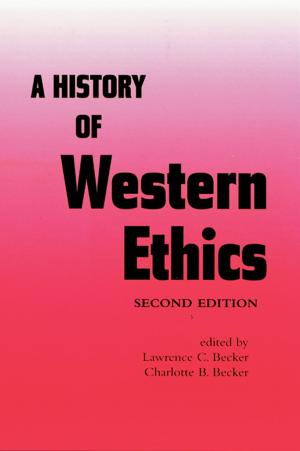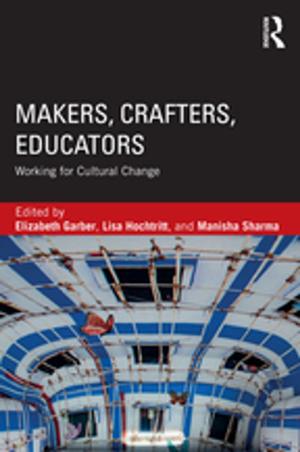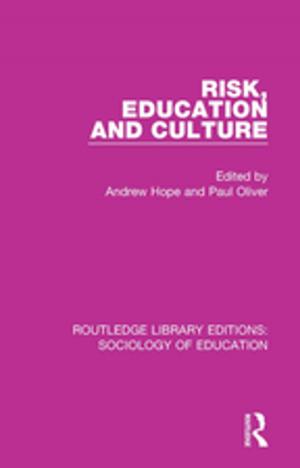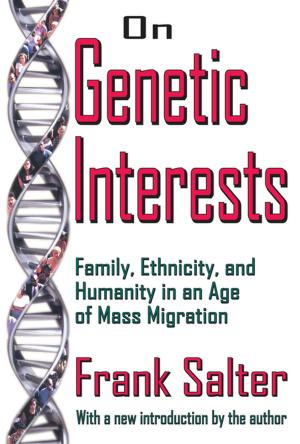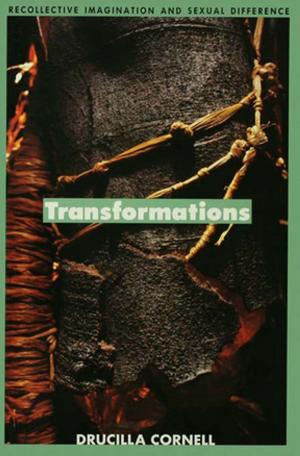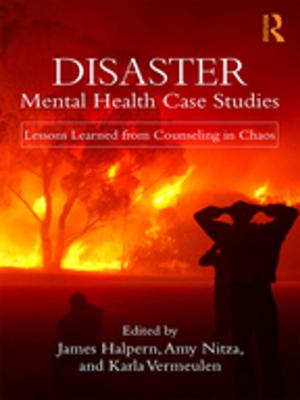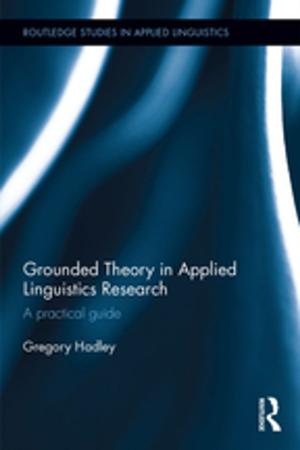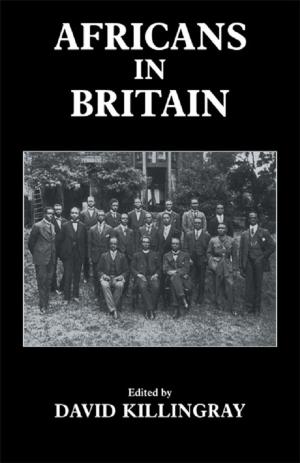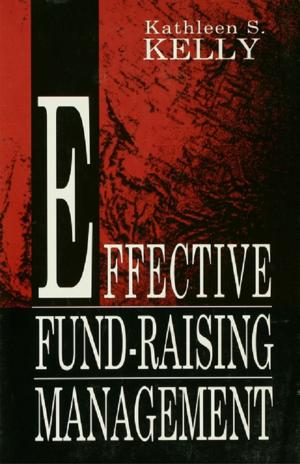Feminism and Materialism (RLE Feminist Theory)
Women and Modes of Production
Nonfiction, Social & Cultural Studies, Social Science, Sociology| Author: | ISBN: | 9781136204630 | |
| Publisher: | Taylor and Francis | Publication: | May 20, 2013 |
| Imprint: | Routledge | Language: | English |
| Author: | |
| ISBN: | 9781136204630 |
| Publisher: | Taylor and Francis |
| Publication: | May 20, 2013 |
| Imprint: | Routledge |
| Language: | English |
These original essays are planned to provide a coherent basis for an understanding of women’s social and historical situation. This achieved by outlining the foundation of a systematic approach to an analysis of women’s relationship to modes of production and reproduction within a materialist framework. The essays, each with a brief editorial introduction, deal with issues and perspectives brought increasingly to the fore in recent years, not only in the women’s movement but in the social sciences generally. The articles are wide-ranging, covering such issues as patriarchy, paid and unpaid labour and the state. The centrality of two of the major themes – the family and the labour process – suggests that an understanding of women’s situation is necessarily based on an analysis of the structures of production and reproduction.
The authors’ aim in producing Feminism and Materialism is to confront systematically theoretical issues current in the developing area of women’s studies, while recognising that this must constitute a critique of existing theoretical frameworks. The book will be of interest to teachers and students in the social sciences and in women’s studies, as well as to all those who wish to develop an understanding of what a materialist approach to feminism might be.
These original essays are planned to provide a coherent basis for an understanding of women’s social and historical situation. This achieved by outlining the foundation of a systematic approach to an analysis of women’s relationship to modes of production and reproduction within a materialist framework. The essays, each with a brief editorial introduction, deal with issues and perspectives brought increasingly to the fore in recent years, not only in the women’s movement but in the social sciences generally. The articles are wide-ranging, covering such issues as patriarchy, paid and unpaid labour and the state. The centrality of two of the major themes – the family and the labour process – suggests that an understanding of women’s situation is necessarily based on an analysis of the structures of production and reproduction.
The authors’ aim in producing Feminism and Materialism is to confront systematically theoretical issues current in the developing area of women’s studies, while recognising that this must constitute a critique of existing theoretical frameworks. The book will be of interest to teachers and students in the social sciences and in women’s studies, as well as to all those who wish to develop an understanding of what a materialist approach to feminism might be.


